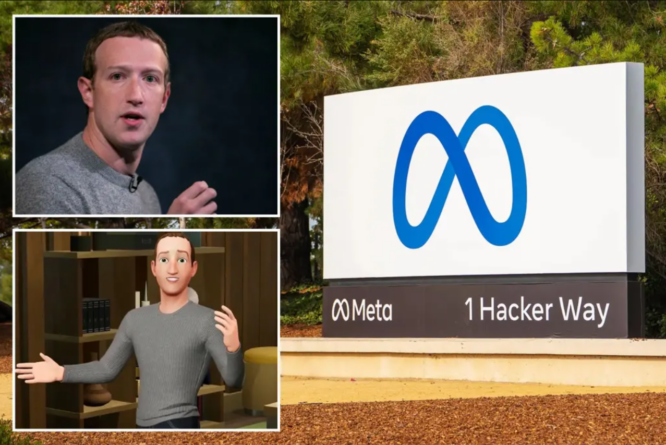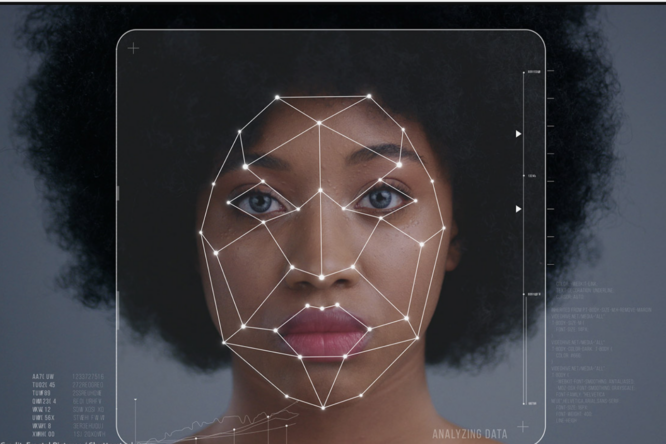Mark Zuckerberg disclosed to Meta’s executives on Thursday that AI techniques will soon be included “into every single one” of the company’s products.
During an all-hands meeting, the founder of Facebook demonstrated how the ChatGPT-like capabilities will allow users to change their photographs on Instagram by responding to text prompts, and how they will be able to create emoji stickers for use in messaging services such as WhatsApp.
According to a synopsis of the session, Zuckerberg also intends to install a variety of chatbots that would differ in terms of their skills and would be able to carry on conversations with people in a variety of identities.
Even while the majority of the AI tools will be developed for consumer use, some of them, such as a productivity assistant dubbed Metamate, will be designated for usage within the firm. Metamate will be able to respond to questions and carry out tasks depending on the information obtained from corporate systems.

Zuckerberg aims to put AI technology “into every single” Platform meta.
According to a statement that Zuckerberg sent to Axios, he stated that “in the last year, we’ve seen some really incredible breakthroughs on generative AI and that gives us the opportunity to now go take that technology, push it forward, and build it into every single one of our products.”
The previous month, Meta made an announcement that it was testing out technologies that make use of artificial intelligence to produce visual backdrops and several versions of written material for its advertising campaigns.
In comparison to other large technology businesses, such as Google, Microsoft, and Snapchat, the company has been hesitant to roll out AI capabilities. Snapchat, in particular, debuted a social chatbot tool earlier this year. The company in question, Google.
Zuckerberg told CEOs on Thursday that he was not fazed by Apple’s first step into virtual reality, which created ripples after the technology firm showed its enormous $3,499 mixed-reality headset on Monday. Zuckerberg’s comments came a day after Apple made headlines by introducing its first product in the virtual reality space.
The Vision Pro competes with Meta’s considerably more affordable Quest 3 headset, which is scheduled to be delivered later this year for the price of just $499. The Vision Pro boasts a glass panel with 4K resolution displays for each eye on an aluminum alloy frame.
“By contrast, every demo that [Apple] showed was a person sitting on a couch by themself,” Zuckerberg said in an interview with The Verge.



